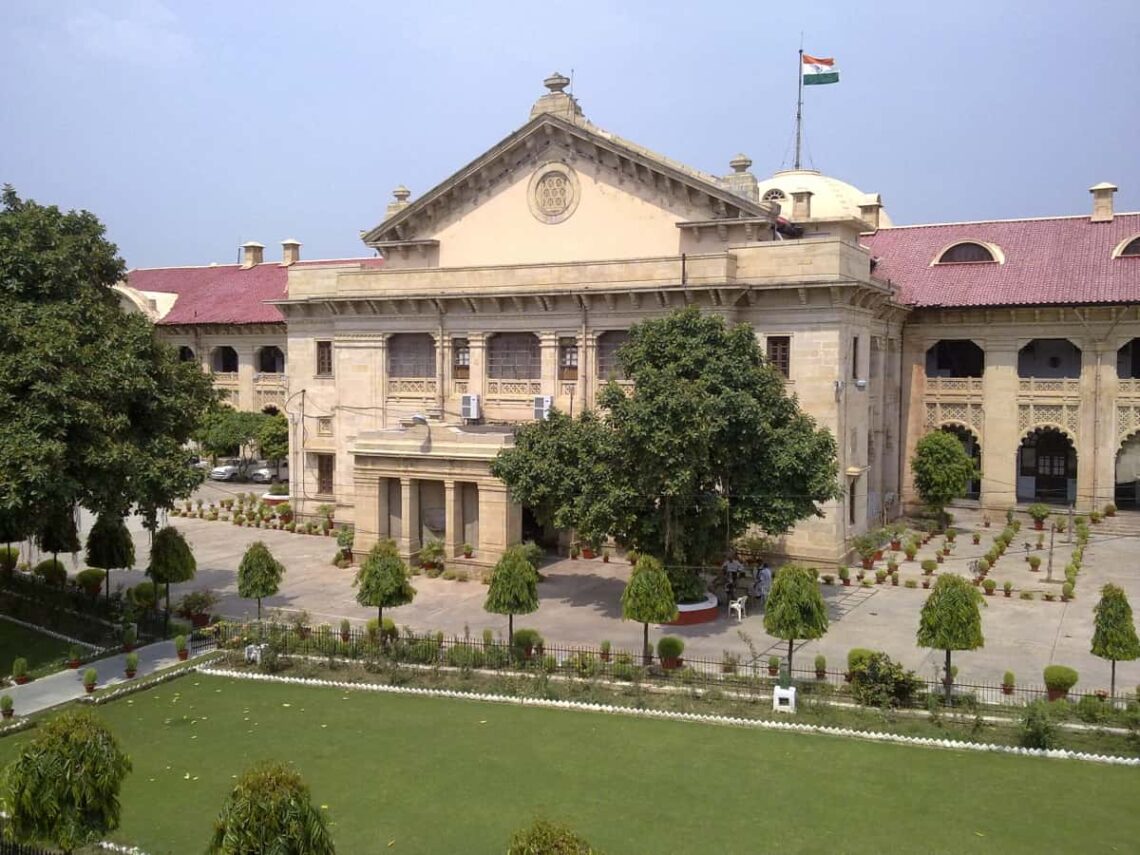The Allahabad high court has shortened a man’s prison sentence for sexually abusing a child by a controversial ruling that oral sex does not fall under the category of “aggravated sexual assault” under the Protection of Children from Sexual Offences Act, 2012. The convict’s sentence was reduced from ten to seven years by a single-judge court led by Justice Anil Kumar Ojha.
According to Indian Express, in March 2016, the father of a 10-year-old child in Jhansi claimed that the accused, one Sonu Khushwaha, took his kid to a nearby temple, gave him Rs 20, and urged him to perform oral sex on him. The accused was charged under the Indian Penal Code’s sections 377 (unnatural offences) and 506 (criminal conspiracy), as well as the POCSO Act’s sections 3 and 4.

The accused were eventually charged under the same IPC sections as well as sections 5 and 6 of the POCSO Act, which deal with “aggravated penetrative sexual assault.” According to The Hindu, the accused was sentenced to ten years of harsh jail, which is the minimum term under Section 6 and can be extended to life imprisonment. The accused appealed the decision to the high court, where Justice Ojha stated in an order that “it is evident that the appellant’s offence neither falls under Section 5/6 of the POCSO Act…”
“Putting the penis into the mouth is not considered aggravated sexual assault or sexual assault.” The judge stated, “It falls within the category of penetrative sexual assault, which is criminal under Section 4 of the POCSO Act.”

Despite noting the survivor’s age and there being no doubt that he was under the age of 12, Justice Ojha does not explain why Section 5(m) does not apply in this case. As a result, the ruling is a blatant misinterpretation of the POCSO Act that requires quick correction, either by a review or an appeal.
This can be done by the high court without the need for a review petition — as the Kerala High Court recently reiterated, high courts have the right to review their own judgments under Article 226 of the Constitution on their own accord. Alternatively, the state of Uttar Pradesh may file an appeal or review, or officials such as the Attorney General or the National Commission for Women may petition the Supreme Court.

This isn’t the first time a high court judge has got a crucial component of the POCSO Act completely wrong.
Justice Pushpa Ganediwala, a judge on the Bombay High Court’s Nagpur bench, issued numerous controversial rulings earlier this year, including one in which she declared that grabbing a teenage girl’s breasts without ‘skin-to-skin’ contact did not constitute sexual assault under the POCSO Act.
The sentence of the convict, in that case, was also lowered as a result of that ruling. After the Attorney General and the National Commission for Women filed an appeal, the Supreme Court annulled that particular verdict on November 18th.
The currently circulating social media posts (based on a tweet by India Today) claim that the Allahabad High Court refused to recognize oral sex with a kid as ‘serious sexual assault’ in this instance. While the Supreme Court’s decision is incorrect for the reasons stated above, these articles are also incorrect.
Instead of moral policing the web, the netizens and the concerned organizations should ask for better laws and appeal for reconsidering the judgement. The judgements like these can make things more unsafe and raise the number of such ugly incidents, as the punishment is surely not enough to threaten the conscience of any sex offender.
Also Read: The newly developing concept and challenges of National security for India












